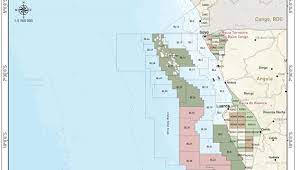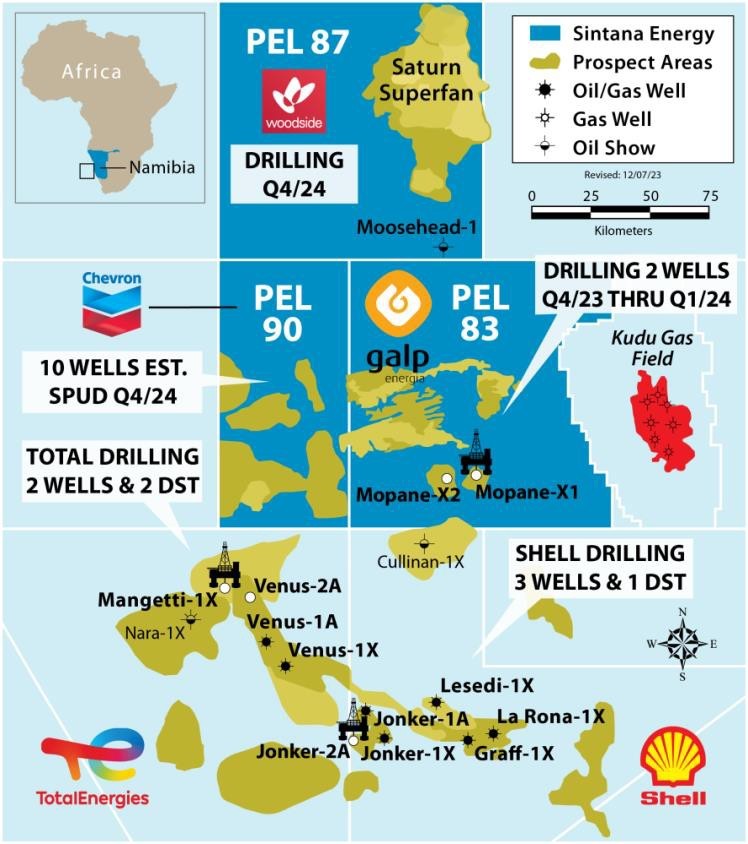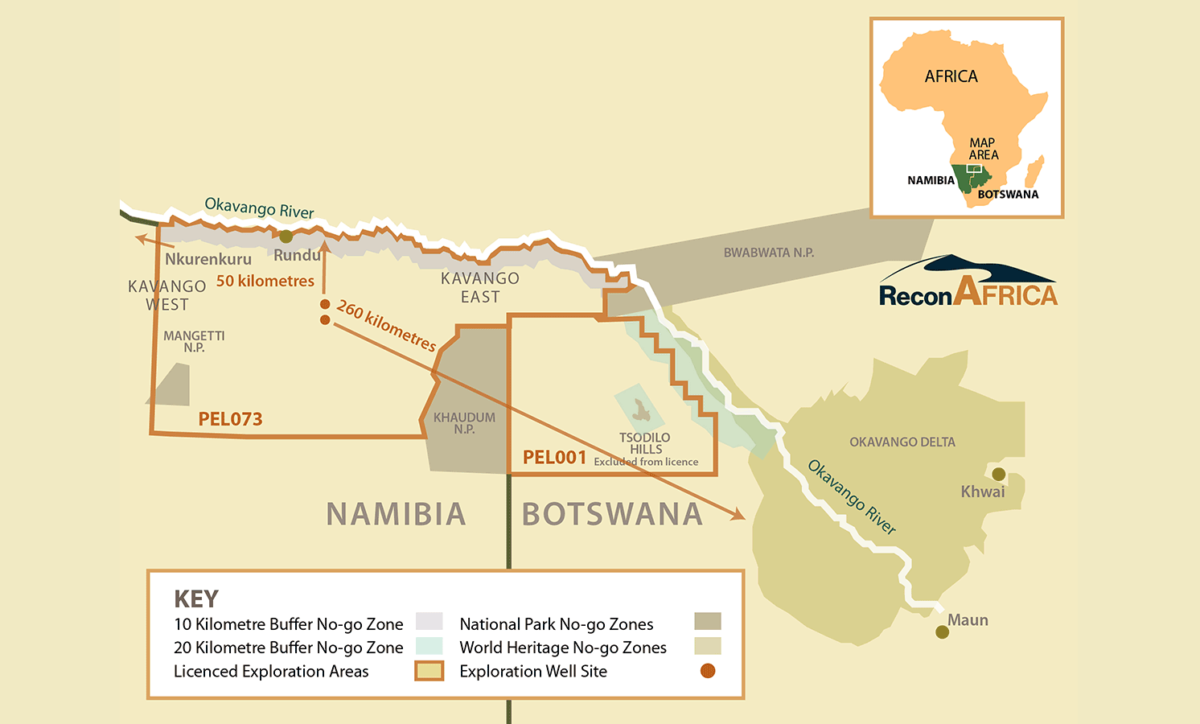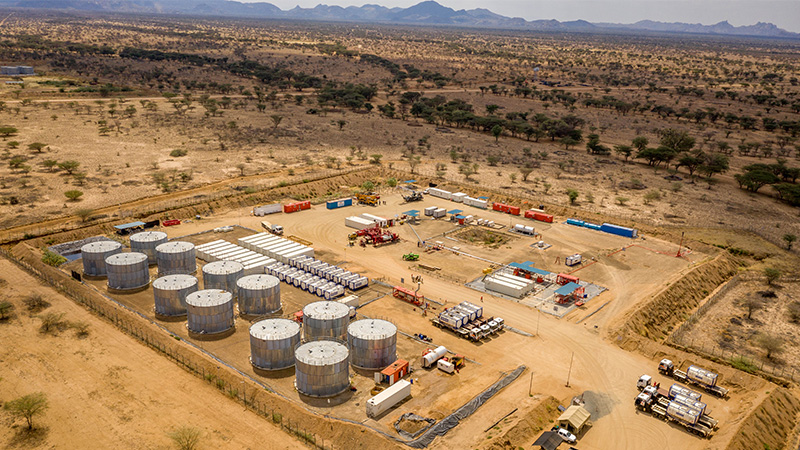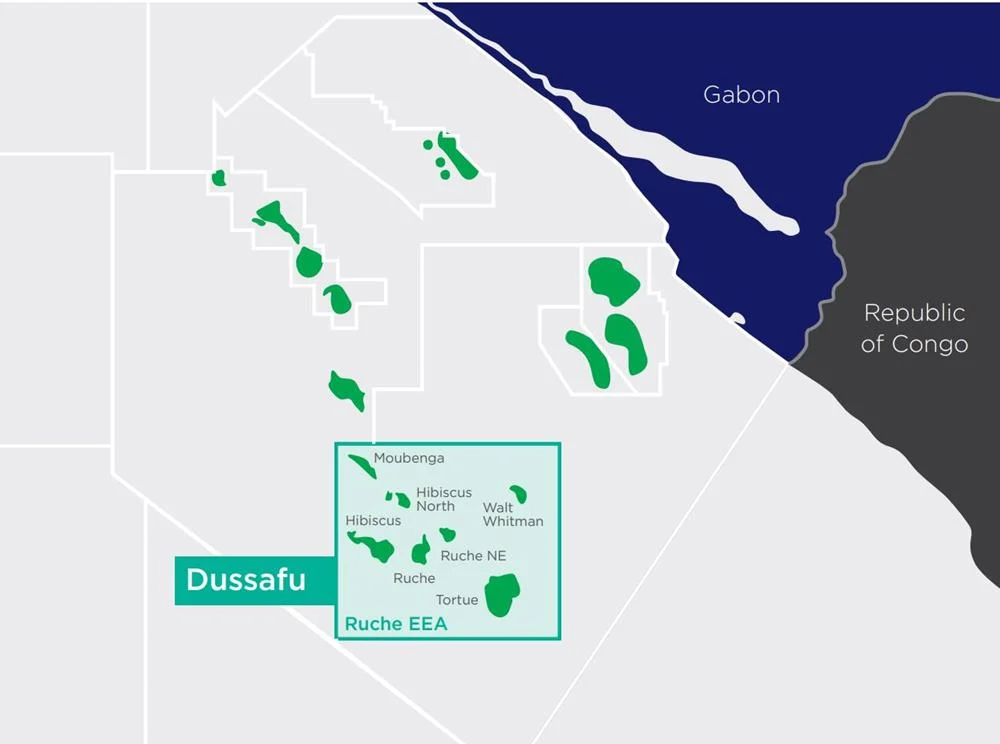Kenya’s Civil Society Calls for Transparency, Efficiency in Oil and Gas
[twitter-follow screen_name=’oilnewskenya’]
Members of the civil society have called on the government to work together with parliament, oil companies and civil society to develop appropriate policies, legal and institutional frameworks for the efficient and transparent management of the country’s oil and gas resources.
In a report launched today by the Kenya Civil Society Platform on Oil and Gas (KCSPOG) (the “Platform”), civil society faulted the inadequacy of the various legal and institutional frameworks in the country to deal with the impending oil boom that is expected to yield an estimated US$1 billion per year once oil production starts.
The report shows that Kenya is ill-prepared to deal with the complexities of petroleum revenue management and its potentially devastating impact on the economy—including inflation and corruption— and to deal with community expectations, land use conflict and environmental and social degradation that can be caused by developing the oil and gas sector.
The civil society members have come up with detailed resolutions addressed to the government, oil companies, parliament, donors, and the media. The resolution calls on the government to ensure that there is a proper institutional framework that clearly separates policy-making, regulation and commercial operation.
The policy framework should ensure, for instance, that the cabinet secretary in charge of energy should only focus on policy-making, proposing and developing bills for parliament, developing regulations for the sector and granting licensing rights. The report notes that the cabinet secretary currently wields excessive discretionary powers ranging from licensing of petroleum contracts and appointing heads and boards of regulatory agencies to performing regulatory functions. This merging of policy-making and regulatory roles is open to abuse.
The Platform has therefore called for the establishment of an independent agency to regulate petroleum operations since no such agency exists. They faulted the structure and appointments of members of the Energy Regulatory Commission, which regulates the entire energy sector including upstream petroleum, which does not give it the independence to check and balance political decisions.
The report has emphasised the need for the government to develop a comprehensive spending, investment and savings policy to ensure that revenue management reflects national consensus. In particular, the report calls for the establishment of several spending frameworks such as the Budget Fund, which would control spending of petroleum revenues, the Stabilisation Fund which would be used to save and cater for crude oil price volatility, and the Future Generations Fund to safeguard the welfare of future generations of Kenyans.
A key action that the report proposes is the development of a clear formula for sharing petroleum revenues between the central government, counties and local areas, in accordance with the Constitution of Kenya 2010, which should be enshrined in law.
The resolutions call for the establishment of a legal framework for transparency in oil and gas. This includes contract transparency, revenue transparency and expenditure transparency. The report also calls for the removal of the confidentiality clauses from petroleum agreements that limit disclosure of contracts as well as adoption of open and competitive bidding in oil and gas.
The report tasks the government and oil companies to protect the environment and community land rights by, first, ensuring passage into law the Community Lands Bill and empowering county governments and communities to participate in discussions in Oil Field Development Plans and Environmental Impact Assessment processes.
The report calls on companies to develop, publish and implement policies on voluntary disclosure of payments, corporate social responsibility, human rights, anti-corruption and anti-bribery as well as Environmental and Social Impact Assessments.
Importantly, the companies should demonstrate their commitment to Free Prior and Informed Consent (FPIC) for communities and to establish participatory dialogue processes in order to develop community development agreements and environmental and social impact assessments and implement these agreements jointly with county governments and communities. Overall, the companies should protect and safeguard the right of communities to their land, livelihoods, compensation and security.
The Platform also called on donors to require the adoption of full transparency by the government in the oil and gas value chain including adoption of the Extractive Industries Transparency Initiative (EITI), which is a global coalition of governments, companies and civil society working together to improve openness and accountable management of revenues from natural resources.
The media is called on to be on guard to monitor activities in the oil and gas sector including activities of government, oil and service companies and regulatory agencies. The media should act as the public watchdog and develop sensitisation programmes at national, county and community levels to educate the public about the sector and also to develop a constituency for public oversight in the oil and gas sector.
[twitter-follow screen_name=’oilnewskenya’]






